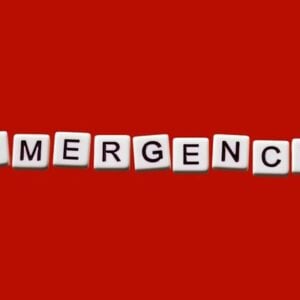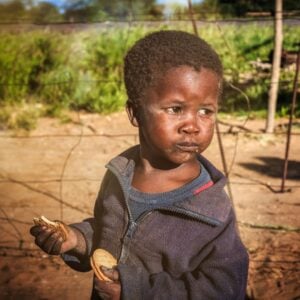The United Nations World Food Programme (WFP), the African Development Bank (AfDB), and the International Food Policy Research Institute (IFPRI) have jointly released a landmark report outlining a roadmap to revitalize northern Nigeria’s food systems. The study, titled Investing in Innovative Food Systems Solutions in Challenging Contexts, identifies crucial policy, institutional, and investment measures to boost agricultural recovery in regions impacted by conflict. Published amid a worsening hunger crisis, with over 30.6 million Nigerians facing acute food insecurity, the report emphasizes the need for innovative financing and strong public–private partnerships to enhance food security and promote sustainable investment in Nigeria’s most fragile regions.
AfDB’s Director General for Nigeria, Abdul Kamara, stressed that reviving agriculture in northern Nigeria is vital for achieving food sovereignty and inclusive growth. He noted that targeted investment in inputs, storage, and infrastructure can help rebuild livelihoods and stimulate regional development. Despite Nigeria’s vast agricultural potential, insecurity and systemic challenges have disrupted farming activities and weakened value chains. The study highlights eight priority crops—sorghum, millet, maize, wheat, cowpeas, soybeans, groundnuts, and tomatoes—and maps production hubs, trade routes, and market dynamics to pinpoint areas where strategic investments can have the greatest impact.
According to IFPRI Executive Director Dr. Steven Were Omamo, the study provides data-driven insights to help policymakers and investors make informed decisions in fragile contexts. By grounding interventions in evidence, the report aims to ensure long-term resilience and sustainable outcomes. It calls for a shift from short-term humanitarian responses toward building inclusive and durable economic growth. The study also notes emerging opportunities in northeast Nigeria and emphasizes addressing structural barriers that hinder agricultural progress.
WFP Country Director for Nigeria, David Stevenson, underscored that rebuilding northern Nigeria’s “breadbasket” requires more than emergency relief—it demands bold, peace-driven investments in resilience and recovery. The report recommends scaling up climate-smart agriculture, improving on-farm storage, upgrading rural infrastructure, and empowering youth and women to strengthen local food systems. It concludes with real-world investment examples, such as airtight grain silos in Yobe State and revitalized wheat milling in Maiduguri, showcasing how innovative, sustainable approaches can deliver both strong development outcomes and high returns on investment.







